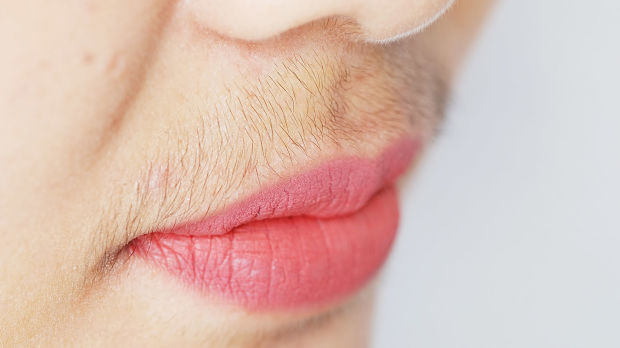Androgen-mediated cutaneous disorders (AMCDs) in women, such as acne, hirsutism, and female pattern hair loss (FPHL) are routinely treated with hormone-modulating therapies, both off-label and with FDA-approved medications. However, a recent review emphasized that despite the common use of these treatments, there should be more rigorous study of the evidence supporting their use. The authors examined the evidence on effectiveness and the safety profile of AMCDs that include combined oral contraceptives (COC), spironolactone, finasteride, dutasteride, and flutamide as part of a continuing medical education series published in the Journal of the American Academy of Dermatology. Highlights of the review include the following:
• Four COCs are approved by the FDA for acne in women who also want contraception, though these are also routinely prescribed solely for controlling acne. Overall, COCs remain a safe option, and the net effect of COCs is antiandrogenic, though there are specific contraindications and increased risk of venous thromboembolism, pulmonary embolism, myocardial infarction, stroke, and some cancers. COCs are as effective as antibiotics for the treatment of acne, and may be preferred due to concerns about antibiotic resistance. COCs are also recommended as a first-line treatment of hirsutism.
• Spironolactone, a diuretic used to treat hypertension, hyperaldosteronism, and heart failure, is used off-label for its anti-androgenic properties. Spironolactone is generally well-tolerated; there are some side effects such as menstrual irregularities, breast tenderness, and decreased libido that are dose-related. The authors note a lack of high-quality evidence demonstrating spironolactone’s superiority over placebo.
• Flutamide is another FDA-approved drug (for prostate cancer) that is used off-label for its anti-androgenic properties. Like spironolactone, it should not be used in women who may become pregnant, due to a potential risk of feminization to a male fetus. Flutamide has the additional risk of liver toxicity and patients should be closely monitored. The review states that it should not be used to treat acne, but may be useful for FPHL/hirsutism, though not as first-line due to the hepatotoxicity.
• Finasteride and dutasteride are used off-label for FPHL. The authors note that there is limited evidence supporting efficacy and a lack of RCTs evaluating spironolactone, flutamide, and dutasteride.
The authors state that more studies are needed to better evaluate treatment options for AMCDs in women, but that hormone modulating therapies can be effective with close monitoring of the side effects in women of childbearing age.

